
Yen Hoa is a mountainous commune in Yen Mo district with celery products that are known to many consumers. Although it brings economic efficiency many times higher than rice cultivation and is favored by many markets, like many other agricultural products, Yen Hoa celery also has a time when it has to face the problem of "good harvest, low price", directly affecting the income and life of the people. Therefore, building a certification brand, affirming the value of the product, creating conditions for celery to have a stable output, especially in supermarkets and safe vegetable stores is an urgent requirement.
According to Mr. Hoang Van Canh, Chairman of Yen Hoa Commune People's Committee, the commune currently has more than 200 households growing water celery, with a total area of about 60 hectares, concentrated in Lien Tri 1 and Lien Tri 2 villages. Although the yield can reach 120 to 130 tons/ha, in the past, consumption and prices were quite unstable.
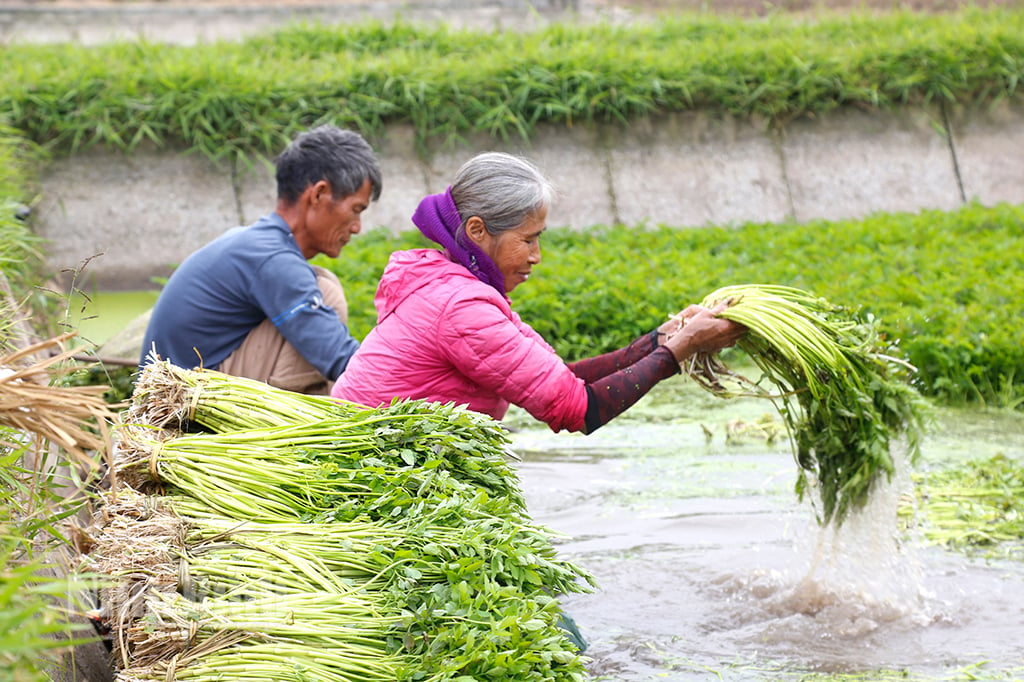
With the attention and support of the province, district, and Department of Science and Technology, in October 2024, Yen Hoa commune's celery products were officially granted a trademark registration certificate. From here, a sustainable development direction for local agricultural products was created, helping farmers feel secure in sticking with and developing their products.
Ms. Doan Thi Sau, Lien Tri 1 village, Yen Hoa commune shared: Previously, the local people grew water celery and sold it to the market or traders came to buy it, but the price was unstable. Since the brand was established, many traders and clean agricultural product stores have contacted to buy it at a stable price, 1-2 times higher than before. With a selling price of 15-20 thousand VND/kg, there was even a time when the price of vegetables reached over 25 thousand VND/kg, after deducting costs, the profit was over 25 million VND/batch. We are very happy and committed to complying with the principles of organic planting and care as well as other regulations of the product.
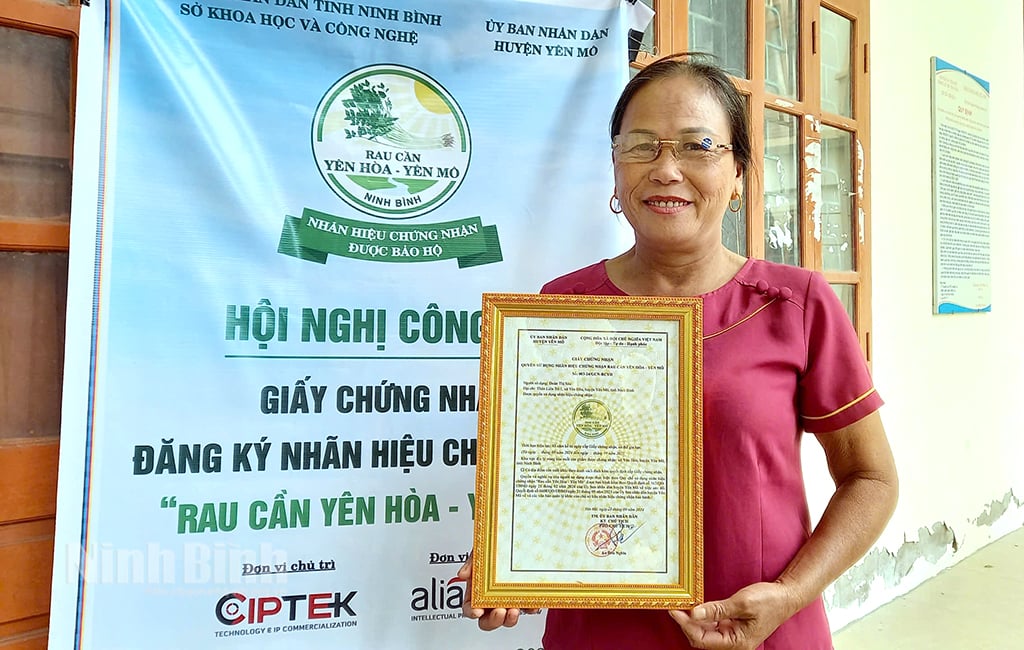
According to Mr. Nguyen Toan Thang, Deputy Director of the Department of Science and Technology: A certification label is a form of intellectual property protection granted to products that meet quality standards, production processes and have a clear origin. When a product is labeled with a certification label, it is not only legally affirmed but also builds trust with domestic and foreign consumers.
The certificate helps prevent infringements of the rights of producers, protects the brand and reputation of the product. At the same time, it helps increase the value of the product due to recognition of quality and origin, thereby creating a healthy competitive environment, helping producers feel secure in developing and continuously improving the quality of agricultural products.
To promote and enhance the value of agricultural products, in recent times, the Department of Science and Technology has actively advised the province to issue and implement many policies and programs to build and develop brands, trademarks, and geographical indications of agricultural products.
Typically, he advised on the issuance of Resolution No. 123/2021/NQ-HDND dated December 10, 2021 of the Ninh Binh Provincial People's Council on supporting registration for protection, developing intellectual property, and implementing a system to trace the origin of products, goods, and services for organizations and individuals in Ninh Binh province by 2025.
At the same time, focus on training and professional training on intellectual property; protect, manage and develop intellectual property for local specific products; implement activities to protect intellectual property rights, prevent acts of infringement of intellectual property rights; encourage and support the development of provincial science and technology organizations and enterprises operating in the field of intellectual property; organize displays and exhibitions, support the development of a code and barcode system to help manage, monitor, trace origin, enhance reputation and product value...
Up to now, in the province, there are 2 products granted with Geographical Ownership Certificates (Dong Giao goat meat and pineapple); 6 collective labels; 25 community brand certification labels; over 300 regular and private brands. Many typical agricultural products have successfully built certified brands such as "Kim Son oysters"; "Hoa Lu lotus - Ninh Binh"; "Kim Son vermicelli - Ninh Binh"; "Yen Hoa celery - Yen Mo"; "Cuc Phuong golden flower tea"; "Gia Vien melon - Ninh Binh"; "Nho Quan deer velvet - Ninh Binh", ...
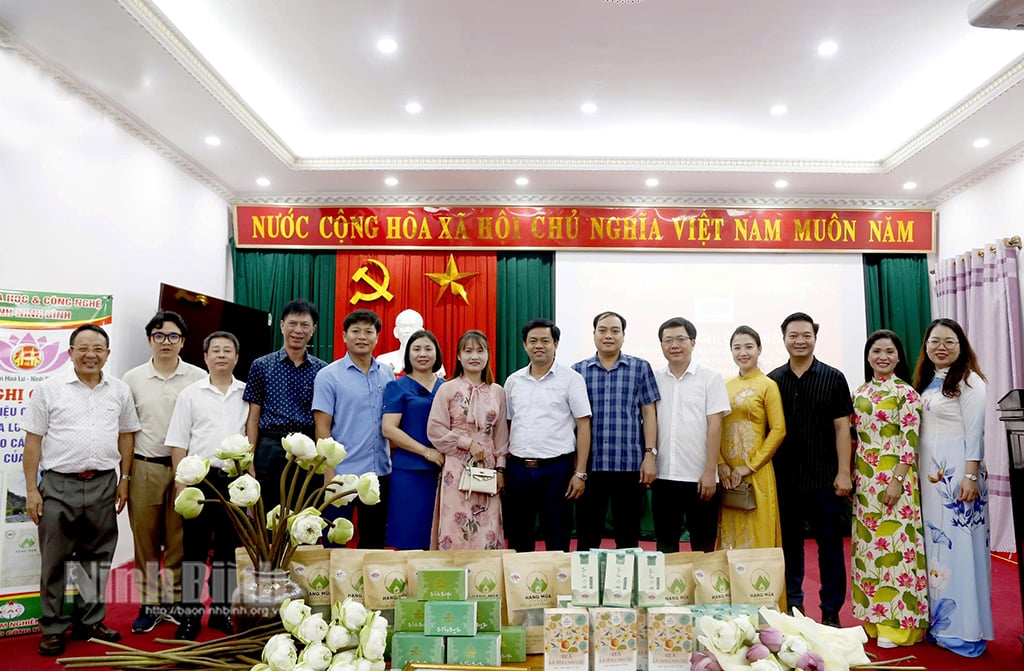
In addition, the Department has supported the construction of many websites with identification systems for products such as Chinh Thu mountain goat, An Phu-Kim Son burnt rice, and Nguyen Hao-Yen Khanh rice paper.
The protected trademarks of agricultural products of the province are being maintained, initially developed, and used by organizations and individuals in production and business. The trademarks and labels are printed on packaging and products as well as promoted on the media, contributing to enhancing recognition, being known by many consumers, having great competitiveness in the market inside and outside the province, bringing economic value many times higher than before.
Comrade Nguyen Cao Son, Vice Chairman of Kim Son District People's Committee, said that in Kim Son district, there are many products with potential advantages to build brands, promote local socio-economic development such as culinary products and seafood. In order to improve the quality and value of agricultural products, aiming at sustainable development, in recent times, the district has successfully coordinated to build brand certification for the products "Ngao Kim Son", "Au Nuoc Kim Son", "Bun Moc Kim Son", in addition to a collective brand "Ii Kim Son", the district is actively completing the dossier for the product "Mat su su Kim Son".
Trademark recognition is not only an important legal tool but also helps local agricultural products increase their value, reputation and brand when circulating in the market; helps people feel secure in production, have stable income, and avoid acts of commercial fraud and brand imitation.
In the integration period, branding is an important factor, especially for agricultural products typical of regions. However, building and establishing a brand is difficult, and developing and managing a brand after protection is equally difficult. Therefore, localities need to continue to promote propaganda, enhance product introduction and display, connect supply and demand, and support product posting.
In addition, associations, unions, representative cooperatives, and brand owners must strengthen member management and product quality management; at the same time, promote investment in production and improve quality to meet strict market requirements.
Source: https://baoninhbinh.org.vn/tam-giay-thong-hanh-cho-nong-san-dia-phuong-814489.htm












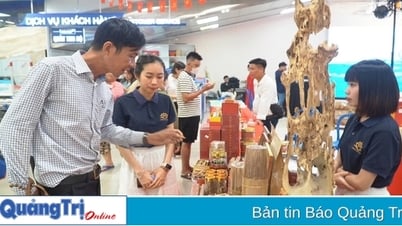

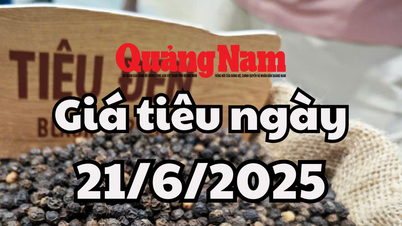



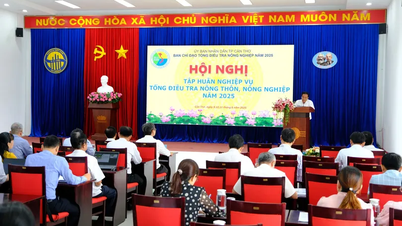








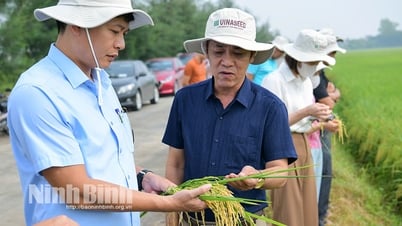

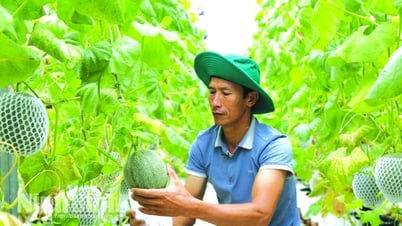
![[Photo] The 9th Congress of the Party Committee of the Office of the President, term 2025-2030](https://vphoto.vietnam.vn/thumb/1200x675/vietnam/resource/IMAGE/2025/6/20/78e7f27e8c4b4edc8859f09572409ad3)


























![[Maritime News] Wan Hai Lines invests $150 million to buy 48,000 containers](https://vphoto.vietnam.vn/thumb/402x226/vietnam/resource/IMAGE/2025/6/20/c945a62aff624b4bb5c25e67e9bcc1cb)









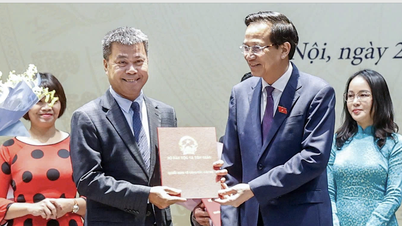












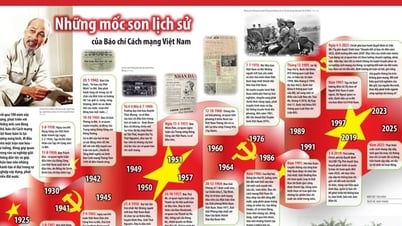














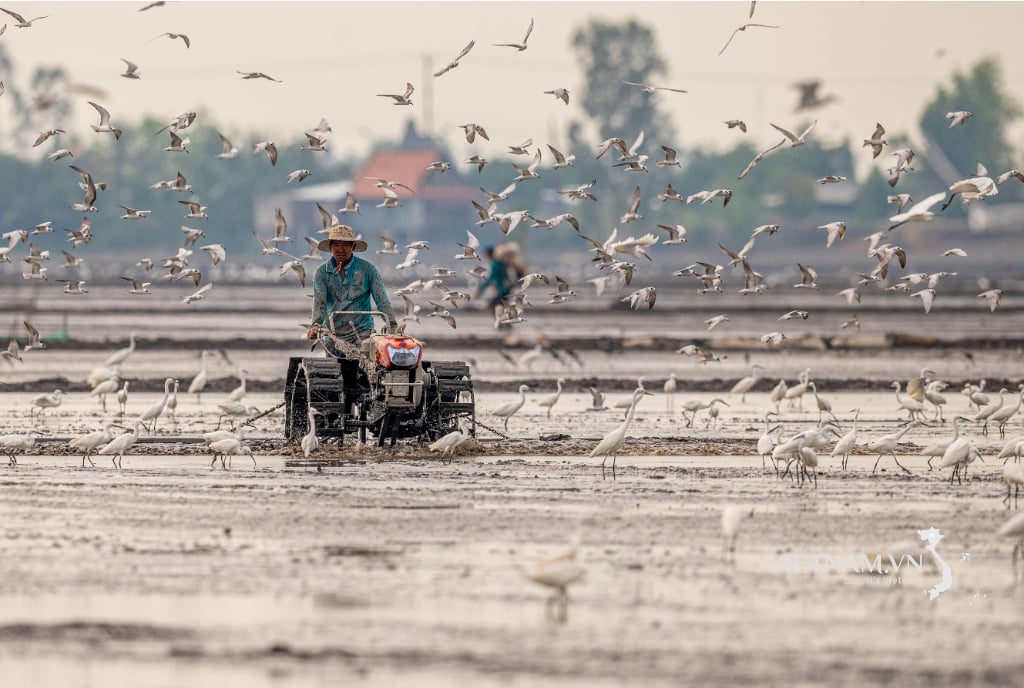
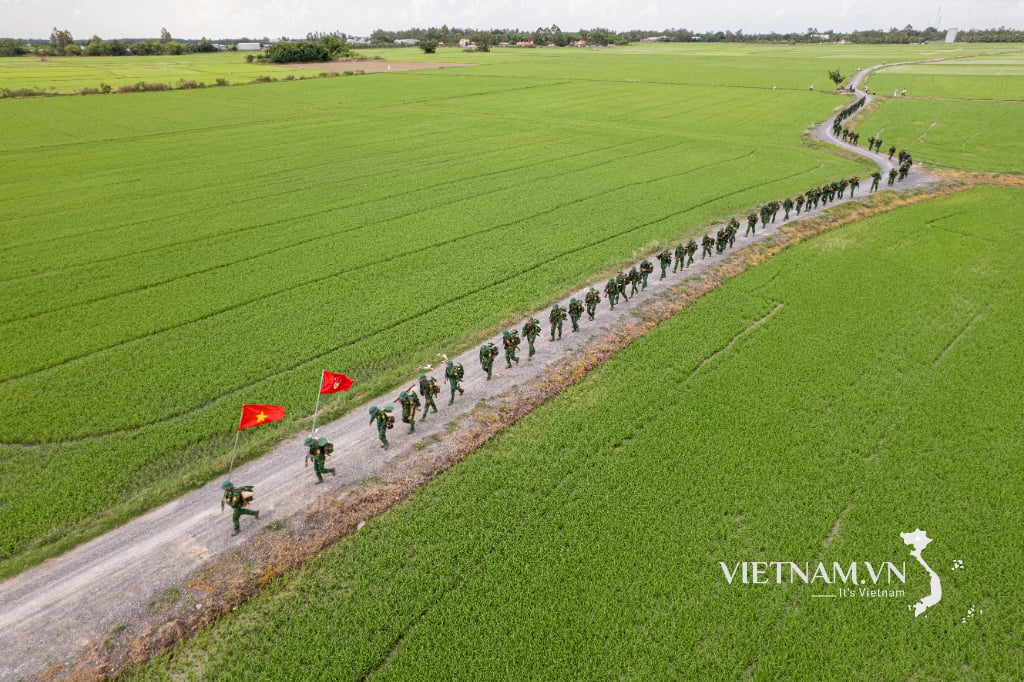

Comment (0)